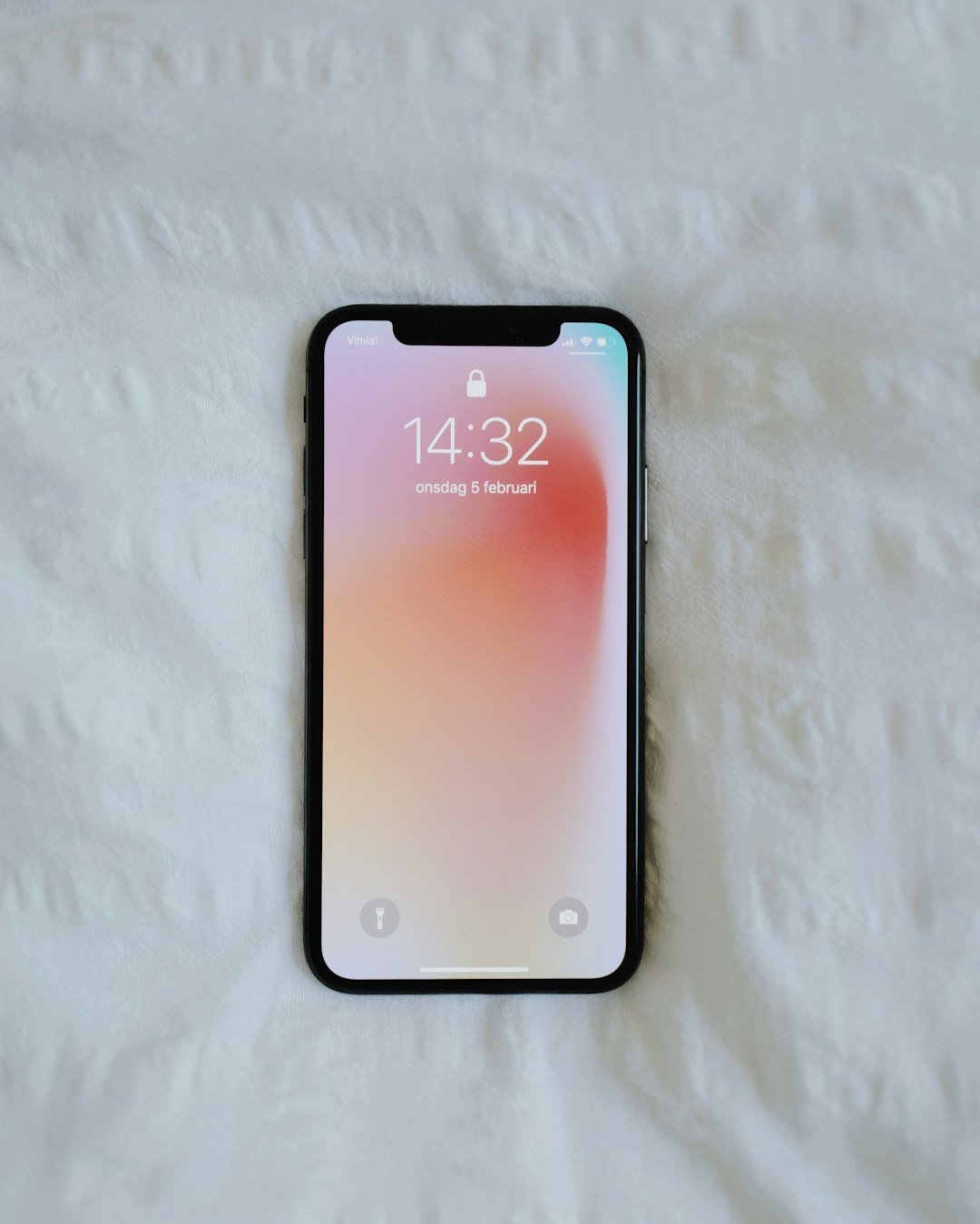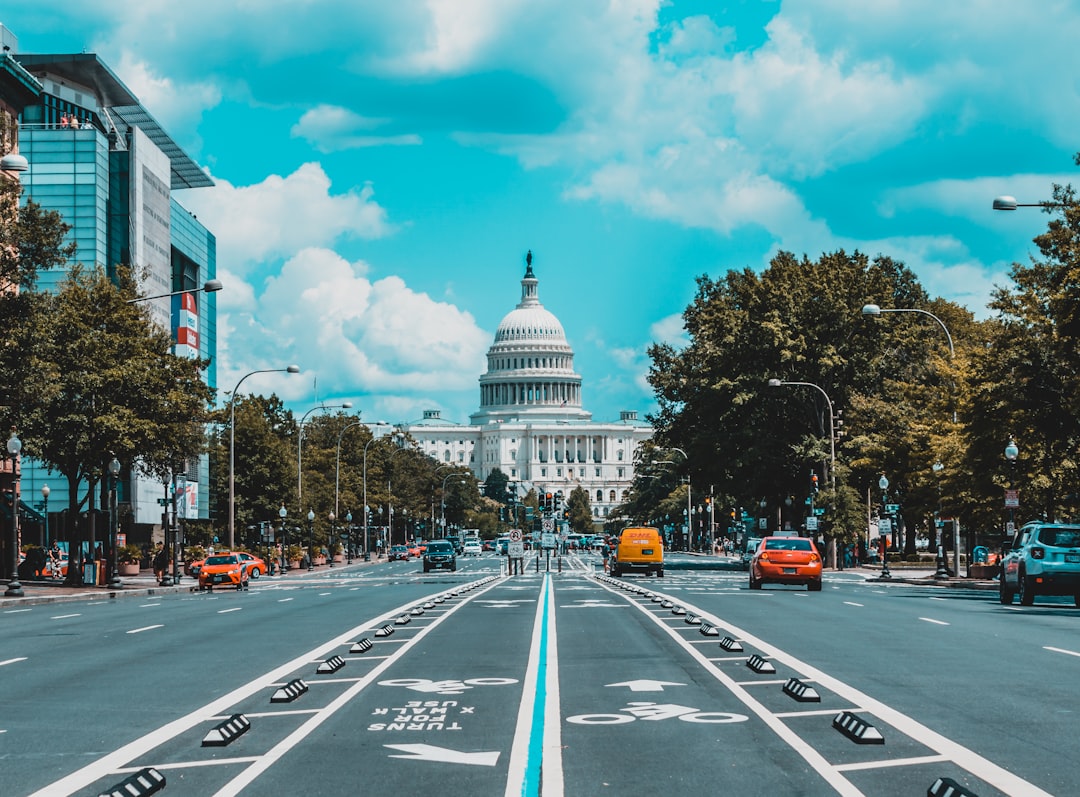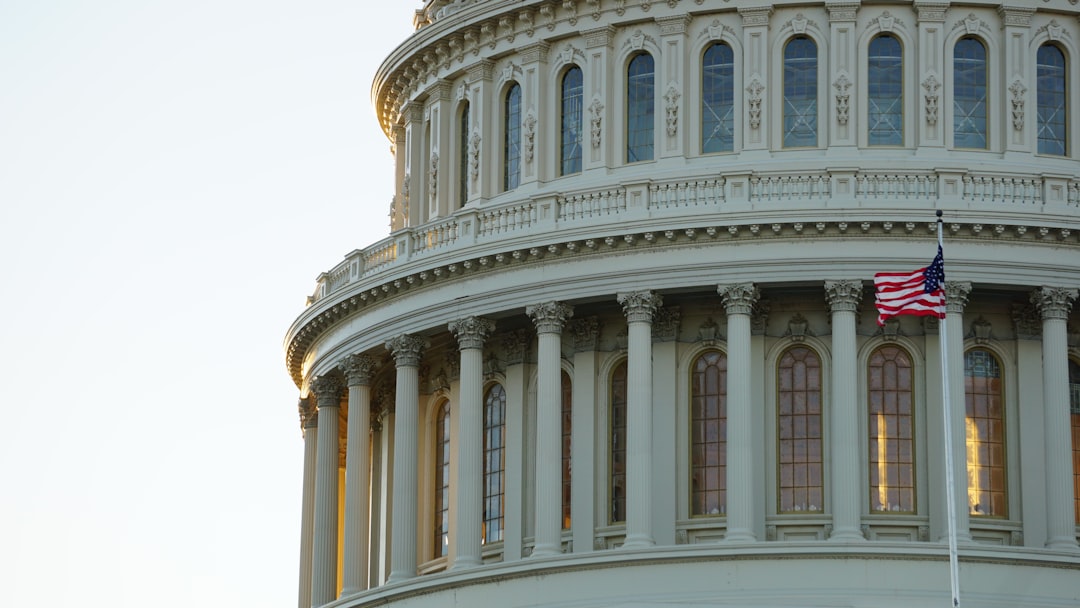Respecting Washington's strict Do Not Call Laws is vital for businesses to avoid legal issues and maintain consumer trust. These laws require explicit, written consent before making automated calls, with businesses needing clear opt-in processes on their websites or during customer interactions to ensure compliance and protect residents from nuisance robocalls.
In Washington state, understanding and adhering to strict Do Not Call Laws is crucial for businesses. This article delves into the regulations surrounding robocalls, specifically focusing on the requirement for written consent. Under Washington’s guidelines, automated calls for marketing purposes are prohibited unless consumers explicitly opt-in via written agreement. We explore the implications, offering insights on how companies can implement written consent procedures effectively to comply with these stringent Do Not Call Laws.
Understanding Washington's Do Not Call Laws
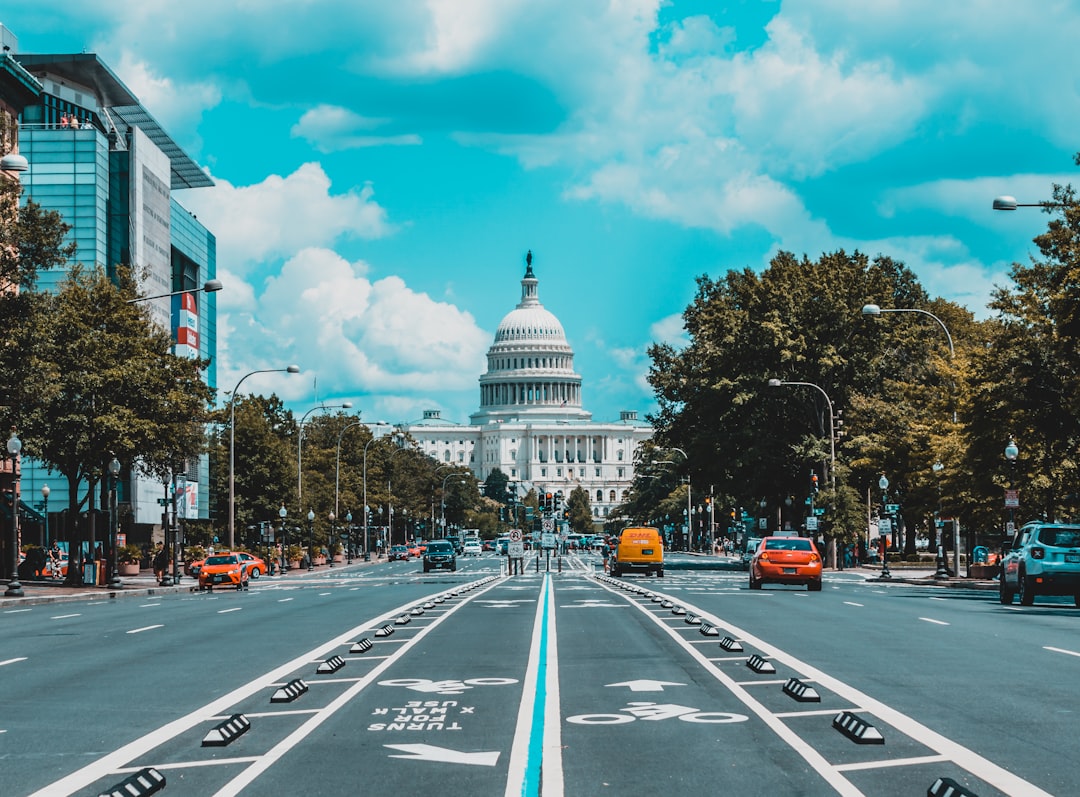
In Washington state, understanding and adhering to the strict Do Not Call laws is paramount for businesses and individuals alike. These regulations, part of a broader effort to combat unwanted robocalls, are designed to protect residents from intrusive telemarketing practices. The key lies in obtaining written consent before placing automated calls, ensuring that consumers have control over their communication preferences.
Washington’s Do Not Call Laws strictly mandate that companies and organizations secure explicit authorization from recipients before initiating automated or prerecorded telephone calls. This means that simply having a customer’s phone number is not sufficient; businesses must implement robust opt-in mechanisms to comply with the law. By following these guidelines, residents can enjoy greater privacy and peace of mind, knowing their phone lines are free from unwanted commercial interruptions.
Robocalls and Consent Requirements

Robocalls, or automated telephone calls, have become a common source of annoyance for many Americans. In response to this growing concern, Washington state has implemented strict Do Not Call Laws to protect residents from unwanted and intrusive robocalls. One key aspect of these regulations is the requirement for written consent before making automated phone calls.
Under Washington’s laws, businesses and organizations must obtain explicit permission in writing from individuals before utilizing robocall technology to contact them. This means that if you haven’t given your express consent to receive such calls, companies cannot use automated dialing systems to reach out to you. These rules are designed to empower residents to control their communication preferences and reduce the number of nuisance calls they receive.
Implementing Written Consent Procedures
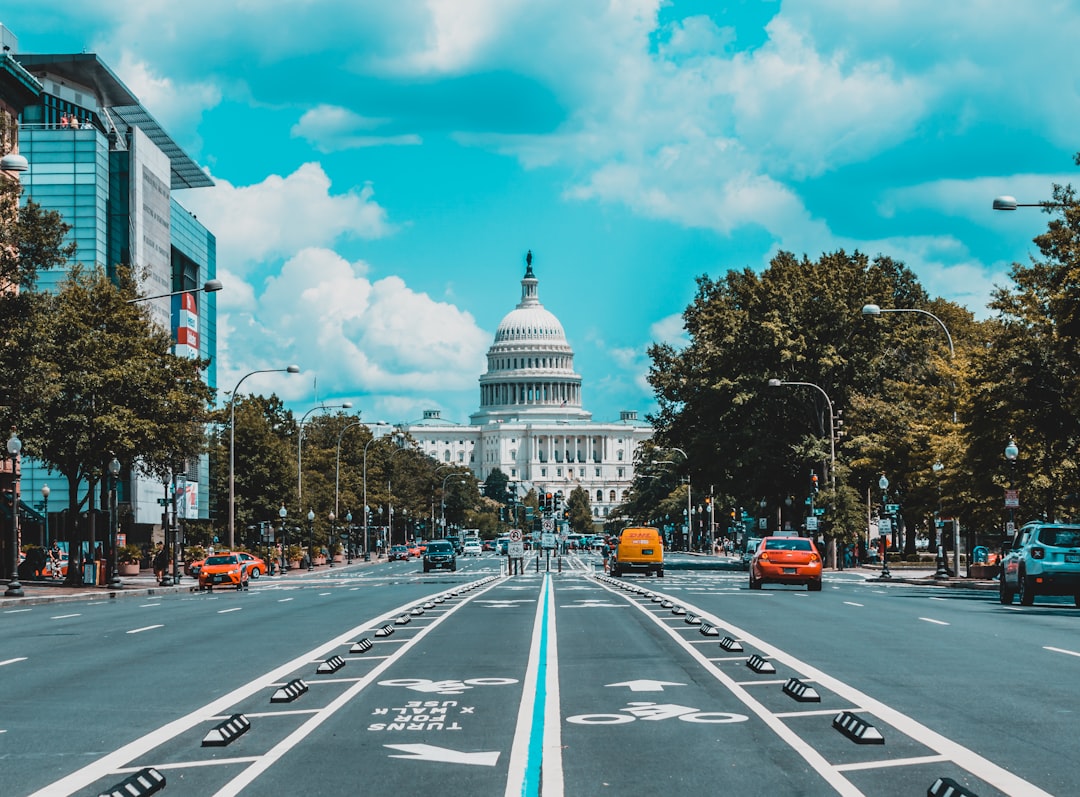
Implementing written consent procedures is a crucial step for businesses and organizations aiming to comply with Washington state’s Do Not Call laws. Under these regulations, robocalls—or automated telephone marketing calls—are restricted unless the recipient has provided explicit written consent. To achieve compliance, companies should establish clear opt-in processes where customers voluntarily sign up for such communications. This can be done through dedicated forms on websites or during initial customer interactions, ensuring that the request for contact is well-documented and agreed upon in writing.
Additionally, maintaining accurate records of this consent is essential. Businesses must keep a log or database tracking who has given permission, when, and how they did so. This documentation will serve as proof of compliance if there are any disputes or regulatory inquiries related to robocalls. By following these written consent procedures, companies can effectively navigate Washington’s Do Not Call laws while ensuring customer satisfaction by only contacting those who have specifically agreed to receive marketing messages.



